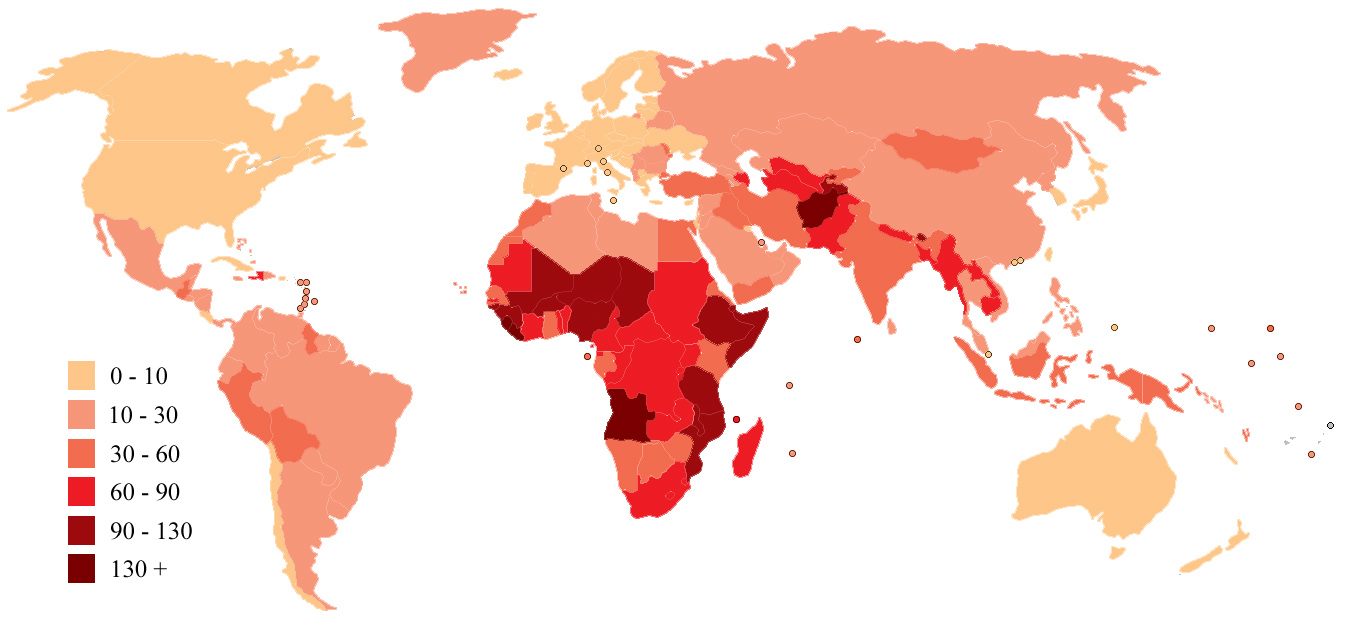Good lord, folks. If you think doctors get paid too little money, go into another field. The element of whining is a bit tired.
Do a spreadsheet and take a look at the projected salary even with $150K debt and compare it to almost any other job. You will make more money over the course of your career than just about anybody, even with big money loans. Do a spreadsheet and work it out.
Are the hours long? Yes. Is the respect for the profession declining? Yes. Is the red-tape and hassles associated with beinga physician growing? Yes. But this is true of many of the highest paying professions.
But lord, these threads. If you think doctors make bank, good for you. If you don't, carefully evaluate your decision, but please don't whine about it. The other 99% of americans you'll be outearning do not want to hear about it.

I think SDN tends to the two polar extremes: the altruistic "I'll work for free and beg for food so I can practice medicine" to the "I'm just here to make bank" notion. Medicine is neither and both. There's money to be made, and there's people you will help. People need to understand that, like any job, there are positives and negatives to be had with all professions and there is a 'grass is greener' mindset by many. My old job had plenty of programmers that were making $60-70k who thought entering medicine was just so cool and that I was 'smart' for having gotten out of the IT field and entering the 'lucrative' world of medicine. My parents are researchers at BigPharm and they also hate their field and think I'm 'smart' for not doing research and entering medicine, a field they view as far more lucrative and financially secure than their own. Everyone has this idea that they are getting the shortend of the stick. I just figure, if I'm going to get the shortend, might as well get one that allows me to do some good, make some money and do stuff to people that would otherwise be illegal.

What's wrong with the WHO? They help to erradicate smallpox and are on their way to erradicating polio. The UN has many problems but the fundamental idea of countries gathering together is still a good one and world health care has benefited from such a joing effort. I'm actually interested in doing some work for them.
Btw, good blog. I think it's pretty humorous but I don't consider it 'balanced' in terms of good and bad stuff in medicine because you do tend to tilt toward the 'jaded/cynical' approach but I guess I can see where you are coming from with that attitude.
If I ever did a blog about the IT indusry (an occupation I had previously worked at for two years), I'm sure I would also be pretty jaded and surly about what I did simply to counteract the unrealistic expectations that some of my college friends have for the field:
"isn't it great, you get to work 40 hours and then you have thousands of dollars to spend on fun stuff!"
"Working is much less stressful than school because there's no exams!"
"I'll be making six figures within a few years" (I hear that on SDN as well....I wanna know these mysterious six figure programming jobs for 22 year olds are outside of SanFran....)
"you just work and they'll promote you to management and you'll make $200k easily!" etc.
Premeds are no different in this regard. I guess I should be glad I worked for a few years, gave me perspective on what it takes to keep down a job fulltime.

